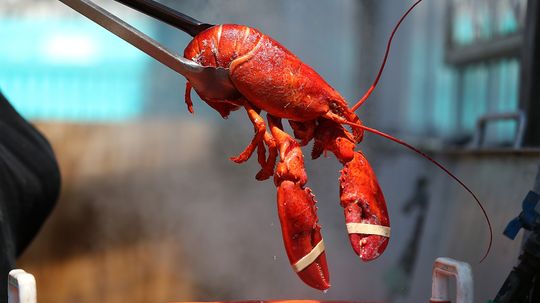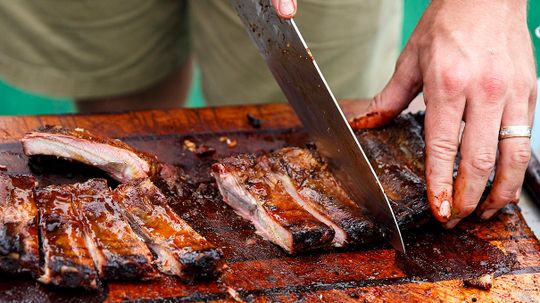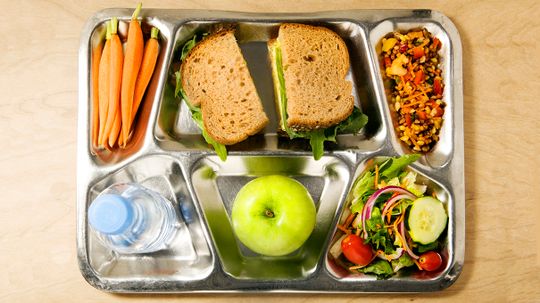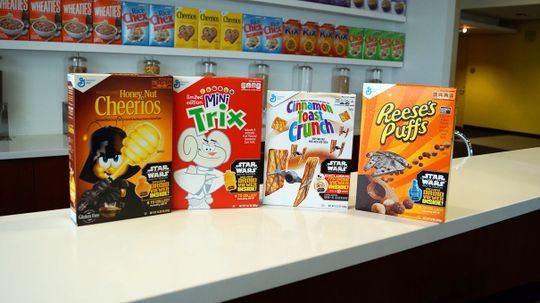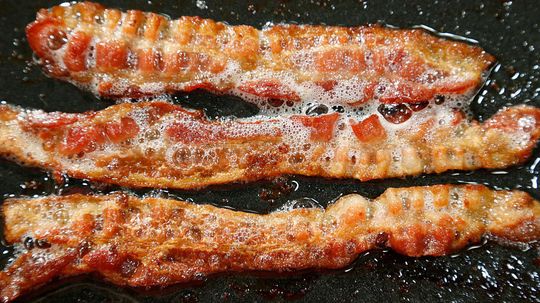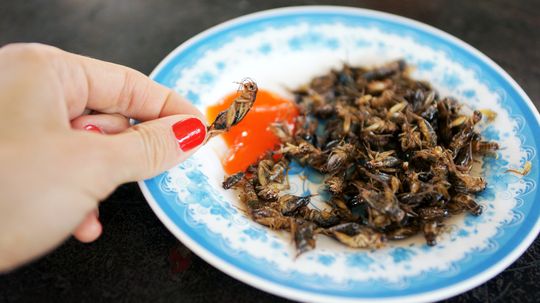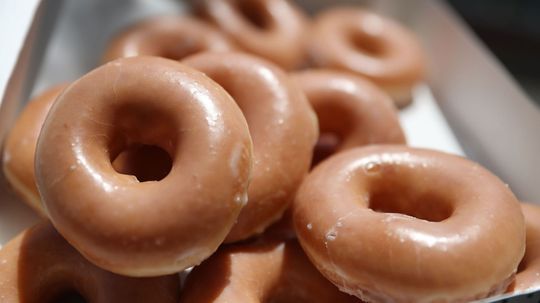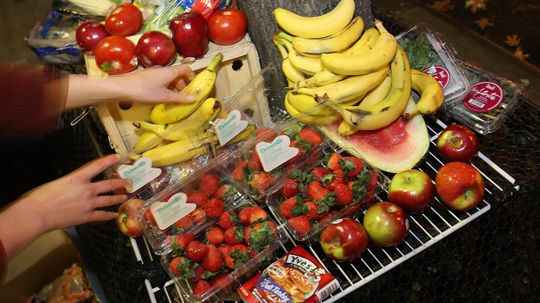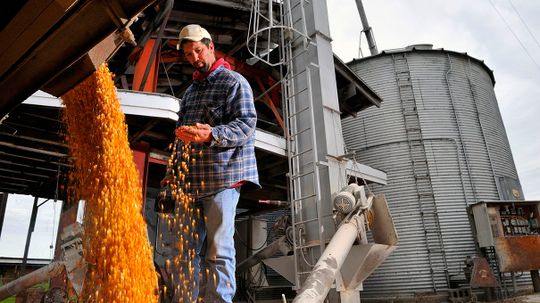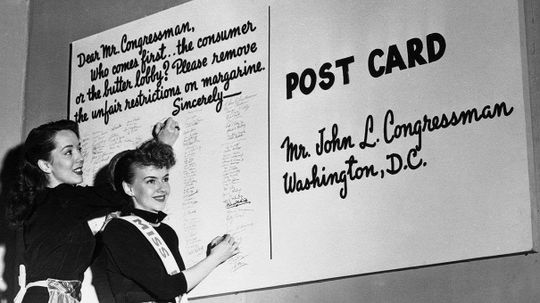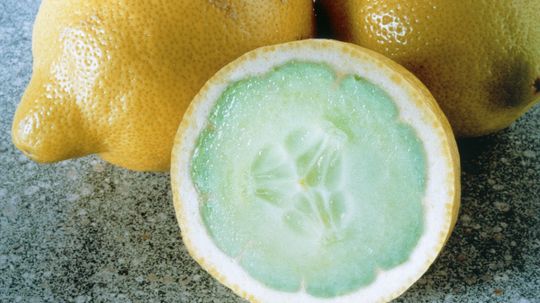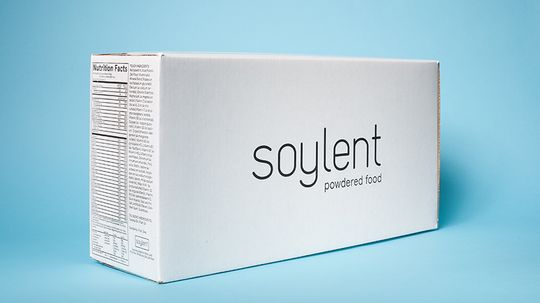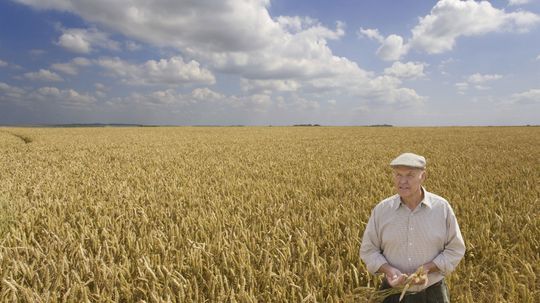Food and Culture Facts
Food & Culture deals with how we perceive food in our daily lives and how it can affect us in both positive and negative ways.
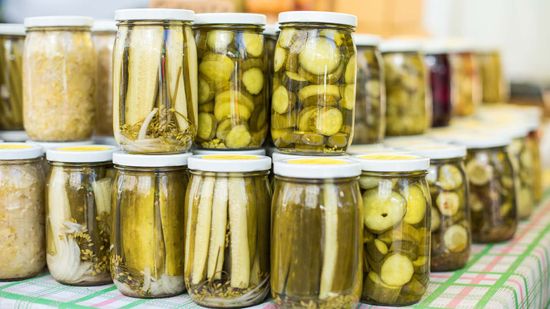
What's the Dill? The History of the Pickle
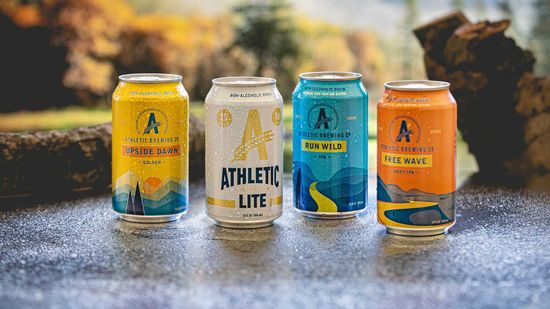
How Do Today's Brewers Make Non-alcoholic Beer?
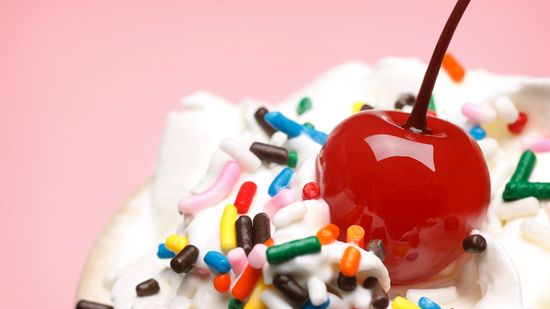
You Don't Want to Know How Maraschino Cherries Are Made
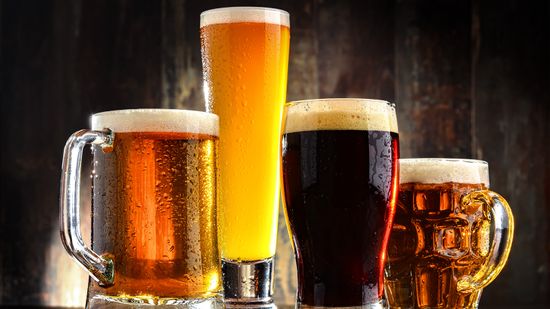
What's the Best-selling Beer in the World? Not Budweiser

5 Types of Tequila: Which to Sip and Which to Shoot

Campari vs. Aperol Cocktails and Flavor Profiles
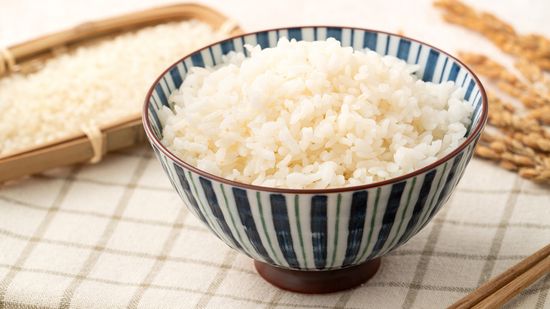
12 Types of Rice to Pair With Any Meal

14 Types of Noodles Coming to a Dinner Table Near You
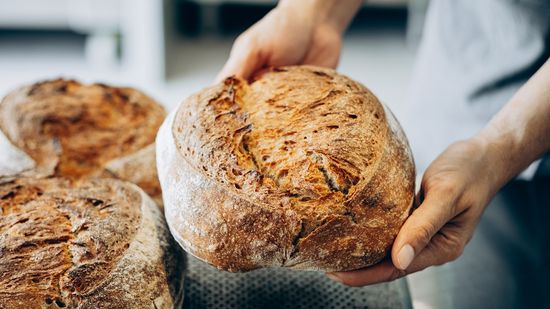
13 Types of Bread: Challah, Sourdough, Rye and More
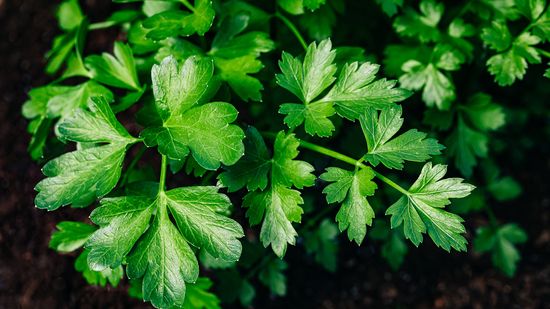
Parsley vs. Cilantro: Same Family, Totally Different Flavor Profile
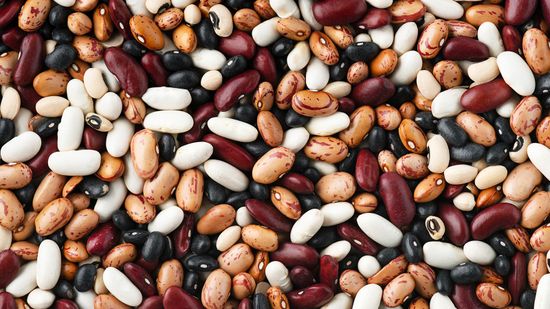
14 Types of Beans: Garbanzo, Adzuki, Cannellini and More
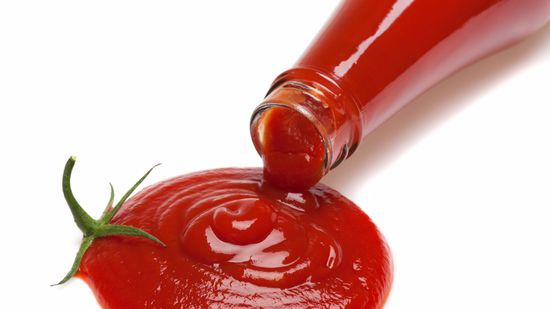
Is Tomato Catsup the Same as Tomato Ketchup?

Get the Scoop on Our Ice Cream Quiz!
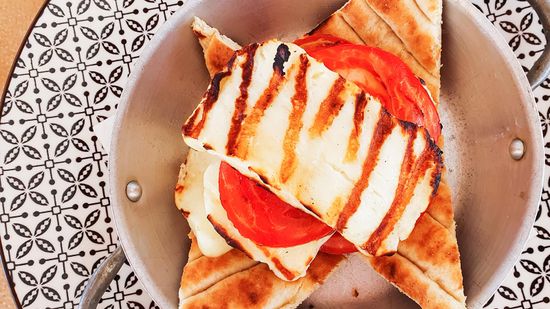
What Is Halloumi Cheese, and Why Is It Suddenly So Popular?

What's the Difference Between Clarified Butter and Ghee?
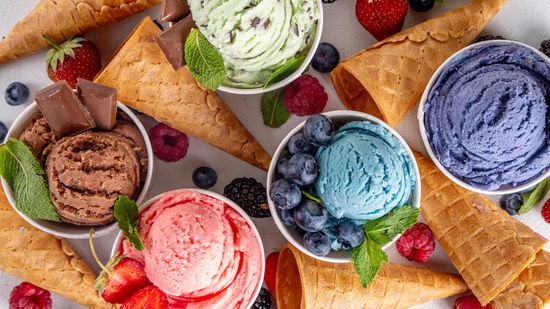
9 Unconventional and Weird Ice Cream Flavors We'd Love to Try
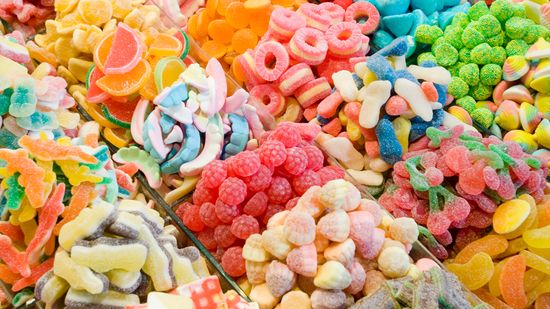
6 Types of Candy for Every Sweet Tooth
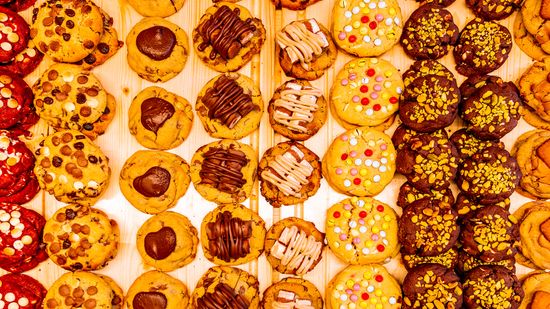
11 Types of Cookies for Your Next Snack Attack

How Food Tasters Work

Top 5 Reasons You Know You Should be a Pastry Chef

How to Get Your Big Break into the Baking Business
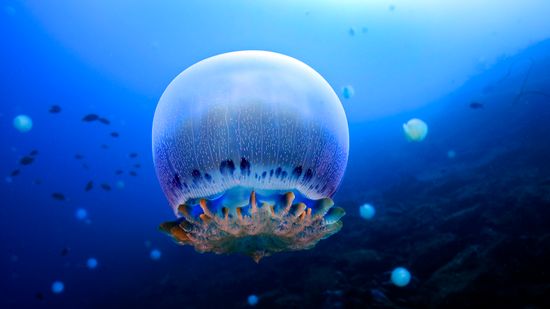
Can You Eat Jellyfish? Yes, But Not All Jellyfish
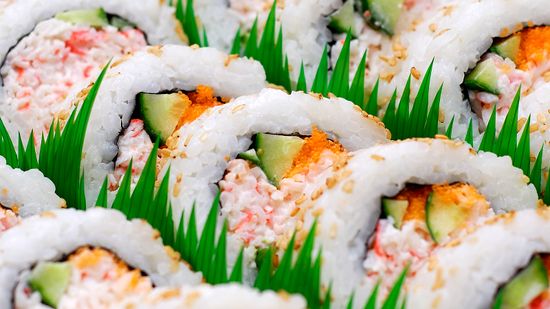
What Is Imitation Crab Meat? Is the Crab Substitute Vegan?
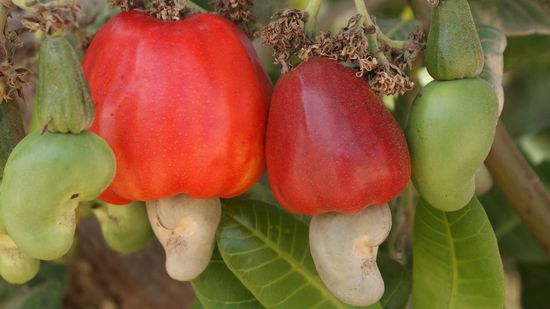
It's Nuts How These 6 Nuts Look Before Processing
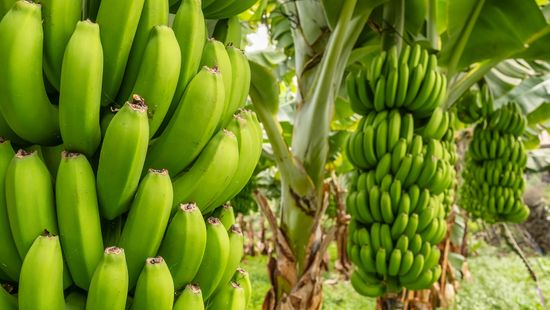
What Is a Group of Bananas Called? A Bunch Isn't What You Think
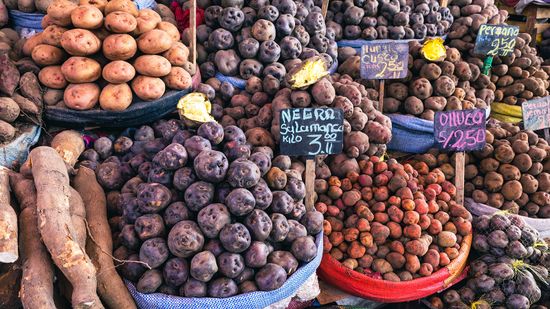
Where Do Potatoes Originate From? Not Ireland
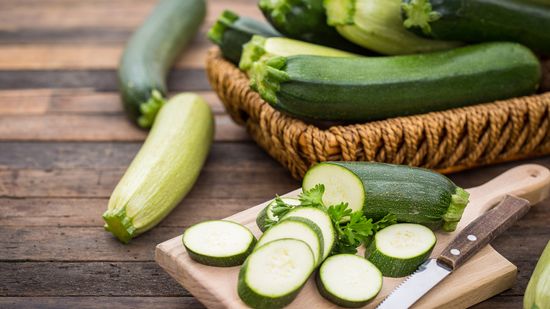
Zucchini vs. Cucumber Vitamins, Water Content, and Uses
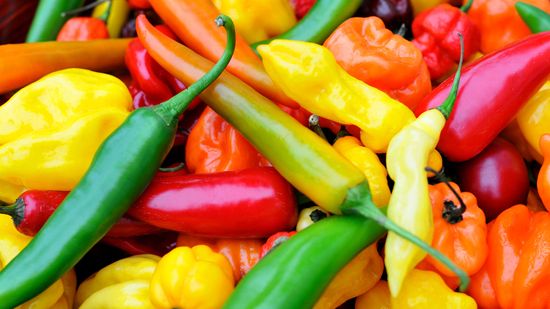
7 of the Hottest Peppers in the World
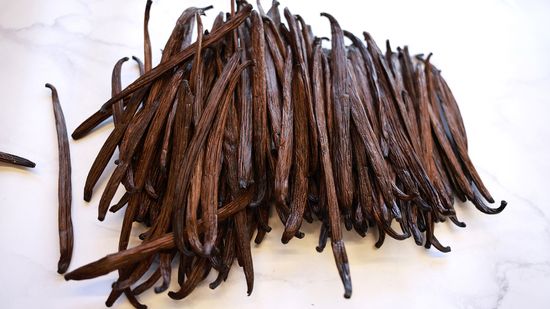
Where Does Vanilla Flavoring Come From?
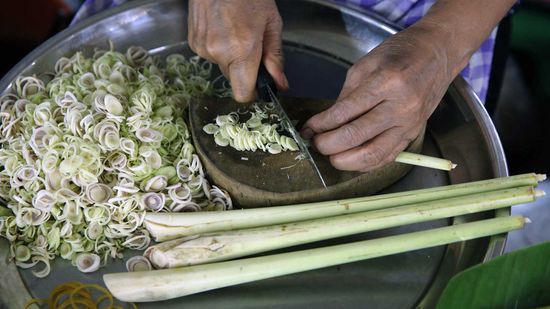
Lemongrass Is a Prized Herb in Asian Cuisine
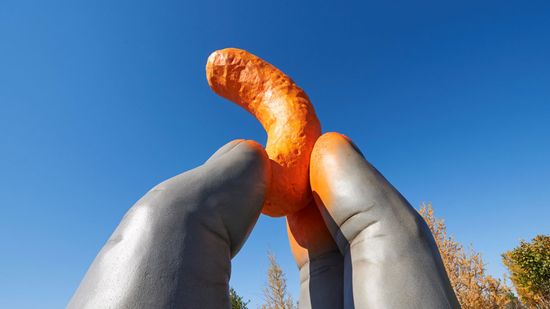
10 Flaming-hot Facts About Cheetos
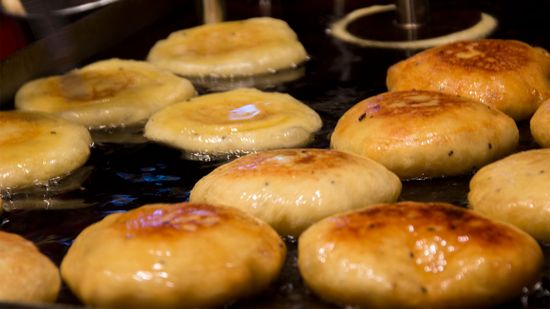
Korean Street Treat Hotteok Is Like a Warm Hug
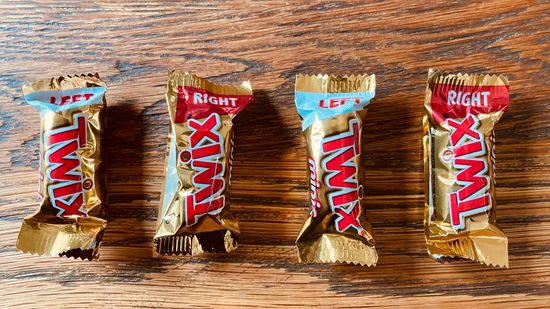
Is There Really a Difference Between the Left and Right Twix?

10 Types of Wine and What to Pair Them With

What's the Difference Between Champagne and Sparkling Wine?

What's the Difference Between Port and Sherry?
Learn More / Page 3
Lobster has long been associated with luxury and fine dining. But could newly imposed Chinese tariffs change that?
By Shaun Chavis
Michelin's iconic dining guide rates the best restaurants in 30 countries and four continents. But how did a tire company start rating restaurants?
More than 230 teams will compete at the 2018 World Championship Barbecue Cooking Contest, also known as Memphis in May.
By Shaun Chavis
Advertisement
There are a lot of quirky eaters out there. Are you one of them?
By John Donovan
On a cold winter's day, a hot piece of pizza really satisfies. It works just as well on a hot summer's day with an icy soda too. But who invented pizza? And what did Chuck E. Cheese's have to do with Atari?
Whole Foods or Randalls? Cracker Barrel or Au Bon Pain? And what do your answers say about the way you voted, if anything?
By John Donovan
Kids have clamored for toys in their cereal boxes for decades, so how did the two become linked?
By Shaun Chavis
Advertisement
The sound and smell of bacon sizzling on the stove send your taste buds into overdrive. But how bad for you is it really?
Cricket farming is growing in popularity as people learn their nutritional importance, and environmental, economic and social sustainability.
Hunger doesn't always feel like a grumble in the tummy. And a grumble doesn't always mean you're truly hungry, either.
Homer Simpson's favorite snack was once called 'oily cakes.' Find out more about this and other fun facts on doughnuts.
Advertisement
Americans toss nearly 40 percent of the nation's food supply - enough to provide more than two-thirds of the country with a healthy daily diet of fresh fruits and vegetables.
The United States grows billions of dollars of corn every year. Though little of that goes to feeding its citizens. Is that the best farm policy going forward?
Why, when hungry, do we crave warm food more than something cold? It may have something to do with your nose. Or your gut. Or your brain.
It's not just in your mind - a study showed that pairing cheese with wine made wine taste better. Here's why.
Advertisement
How does a kudzu salad sound? Or maybe a roasted guinea pig? Both are plentiful, and both don't often appear on U.S. restaurant menus. Should they?
By Sarah Gleim
Bootlegging alcohol? Sure, we've heard of that, but butter substitutes?
The practice has ancient roots - but GMOs as we know them really started taking off after some key discoveries about DNA.
To a food lover, the idea of trading pizza for a pill isn't exactly appetizing. But in a world where many of us struggle with getting daily nourishment, being a foodie is a luxury. Is a cure for world hunger on the horizon?
Advertisement
When you see the increasingly popular label on food products, does that mean you're getting a sugar-free product?
Cheese has a very long history. Learn more about cheese in this funny video from HowStuffWorks.
Most of us eat breakfast, lunch and dinner every day without stopping to think about it. So why do we eat three meals a day - is there a biological reason, or is it a societal construct?
People have always had a thing for sparkling water, but it wasn't easy to reproduce the effervescence found naturally in some springs. Why was it so hard to create carbonated water and how did the product gave birth to the soda fountain?
By Dave Roos
Advertisement
Stuffed full of vitamins and minerals - not to mention fats, carbs and proteins - Soylent can replace all those meals you're tired of making. But would you want it to?
By Jeff Harder
Figuring out how many people a farmer's work feeds is more complicated than you may think. Agriculture has many variables that affect farm output - what are they?
